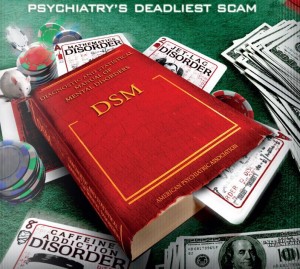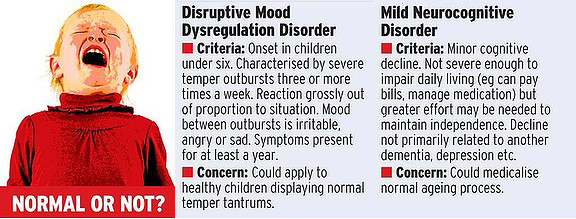
Is Mourning Madness? The wrongheaded movement to classify grief as a mental disorder
Is grief a disease? That is one of the crucial questions psychologists are asking as the American Psychiatric Association revamps its Diagnostic and Statistical Manual of Mental Disorders (DSM), used by millions of mental health professionals to diagnose patients, for a fifth edition due out in 2013.
A group of psychiatrists have spearheaded a movement to include ongoing grief as a disorder, to be labeled “complicated” or “prolonged grief.” Others have proposed, separately, that a mourner can be labeled clinically depressed only two weeks after the loss of a loved one. The problem with both potential changes is that more people’s grief will be diagnosed as abnormal or extreme, in a culture that already leads mourners to feel they need to just “get over it” and “heal.”




